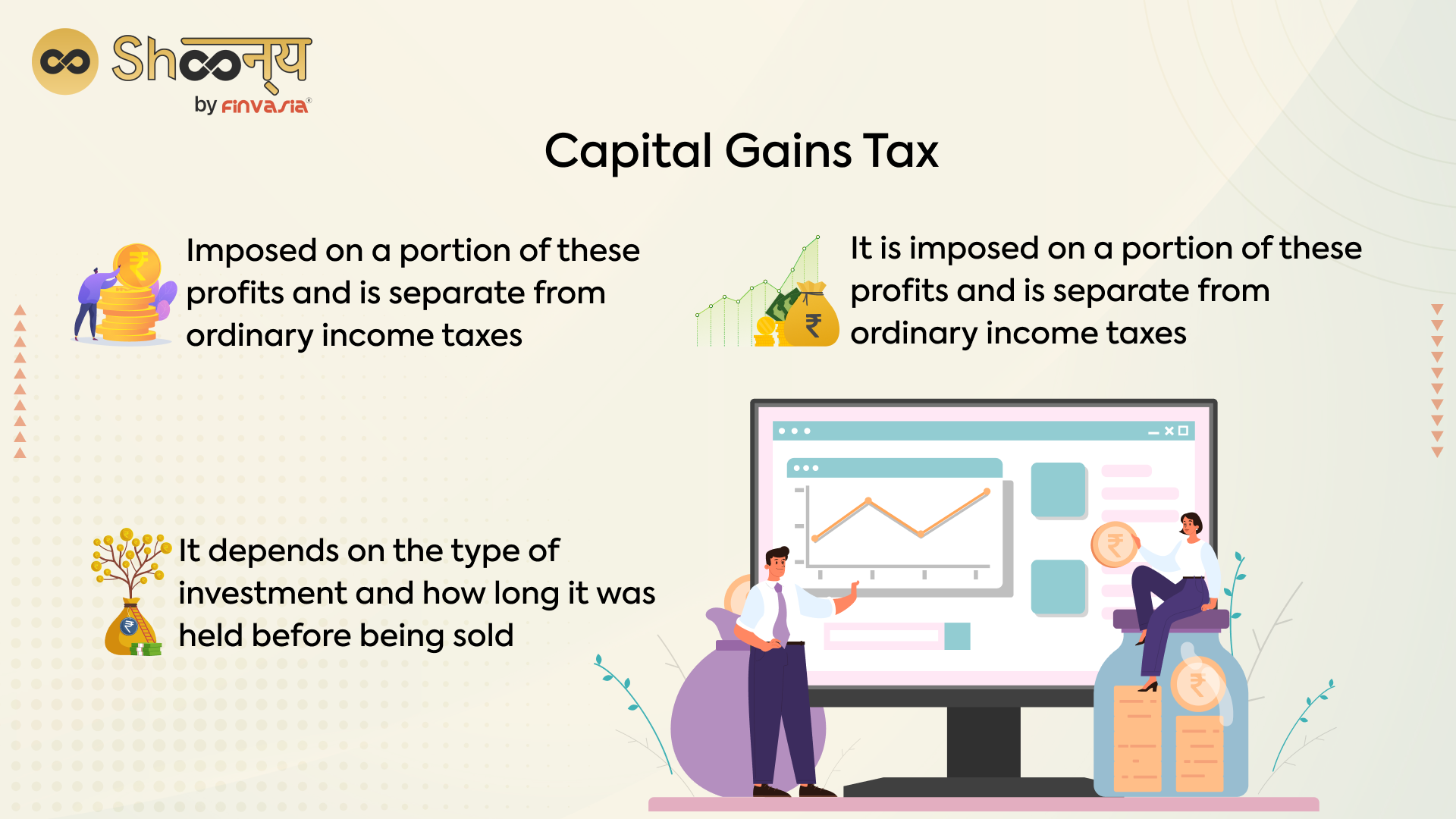The Tax Guide for Traders: A Detailed Income Tax Overview

This tax guide provides detailed information about the taxation process for traders, including capital gains taxes, deductions, and other important considerations.
What is Income Tax?
Income tax for traders is money paid to the government based on the income you earn from your trading activities. The taxes you pay are calculated based on the taxable income that remains after deductions for expenses and other tax offsets.
In India, traders are considered taxpayers who must file an income tax return each year. This means they must declare their total income and any deductions they may be eligible for to accurately calculate the amount of income tax payable.
Capital Gains Tax

Capital gains taxes apply when profits have been made by selling or disposing of investments such as stocks or bonds. Capital gains tax is imposed on a portion of these profits and is separate from ordinary income taxes. The rate at which capital gains tax is applied depends on the type of investment and how long it was held before being sold.
Taxability in Long-Term Capital Gains (LTCG): If an individual or HUF holds the security or asset for more than 12 months, then it will be considered a long-term capital gain and taxed at a flat rate of 20%.
Taxability in case of Short-Term Capital Gains (STCG): If the securities or assets are held for less than 12 months, they are considered short-term capital gains and are liable to taxation according to the applicable income tax slab rate.
Deductions
The deductions available to traders depend on the type of income they receive, but there are certain expenses that are generally considered deductibles, such as business-related expenses, travel expenses, or home office costs.
It is important to keep accurate records and receipts for all of your trading activities, as these can be used to reduce your taxable income. Additionally, some tax credits may be applicable in certain circumstances. For example, if you invest in a mutual fund, you may be able to deduct the capital gains taxes that apply when you sell the shares at a later date.
Other Considerations
Some income may be subject to other taxes, such as sales tax and GST. Additionally, if you are trading in currencies other than your local currency, you must consider exchange rates when calculating profits or losses.
Finally, it is important to consult with a qualified accountant or tax specialist who can provide advice specific to your situation and assist in filing the appropriate paperwork.
Conclusion
Research is important when it comes to trading. Different trades require knowing different taxation laws. Doing your due diligence will keep you updated and enable you to make informed decisions.
If you are willing to take your trading journey to the next level, Shoonya by Finvasia is the perfect platform. With its comprehensive tools, easy-to-navigate platform, and simplistic pricing structure, trading can get much easier.








